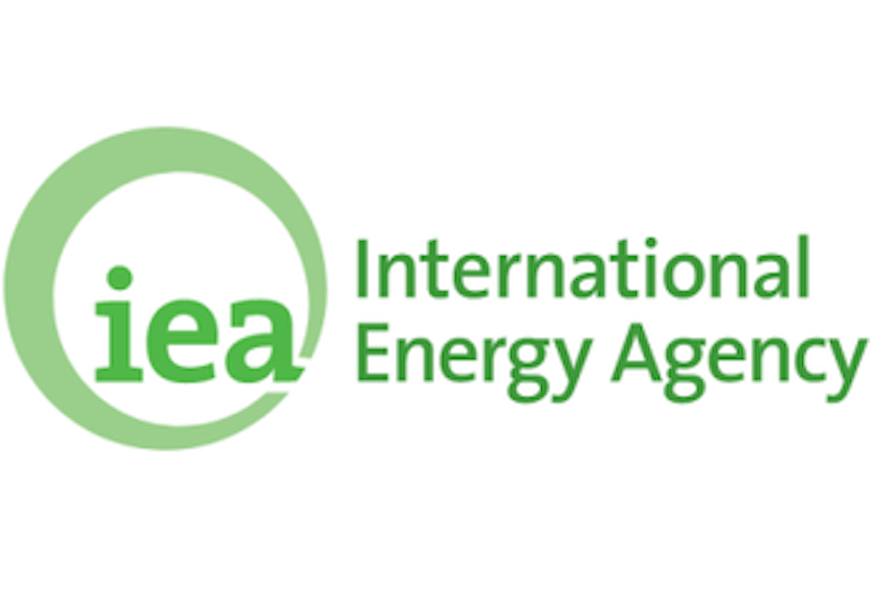The OPEC+ group of oil producers has decided to postpone its policy meeting to November 30, as two African members, Nigeria and Angola, challenged the bloc’s assessment of their oil production capacities. The delay in the meeting, which was originally scheduled for November 26, sent oil prices tumbling by 5 percent on Monday as the market feared a supply glut amid weak demand.
OPEC is a permanent, intergovernmental organisation established in 1960 by five oil-producing countries: Iran, Iraq, Kuwait, Saudi Arabia and Venezuela. The main purpose of the organisation is to coordinate and unify the petroleum policies of its member countries, in order to secure fair and stable prices for petroleum producers, an efficient, economic and regular supply of petroleum to consumers, and a fair return on capital for those investing in the industry.
OPEC’s output cuts are based on the baseline production levels of each member country, which are calculated by taking the average of their output in the preceding years. These baseline production levels are used to determine the quotas or the maximum amount of oil that each member country can produce under the OPEC+ agreement.
The OPEC+ agreement is a deal between the Organisation of the Petroleum Exporting Countries (OPEC) and 10 non-OPEC partner countries, collectively known as OPEC+, to balance the oil market. The agreement is reviewed and adjusted every month, based on the market conditions and the compliance of the participating countries.
Read Also : FG’s Direct VAT Initiative Will grow SMEs – MATAN
Nigeria and Angola, two of the largest oil producers in Africa, have reportedly challenged their baselines, arguing that they have increased their capacity and deserve higher.
The outcome of the dispute between these two countries and OPEC could hit hard on the oil market and the global economy. Oil prices could be affected by the level of compliance and cohesion among OPEC+ members, as well as the balance between supply and demand in the oil market. If Nigeria and Angola succeed in raising their baseline production levels, they could increase their output and contribute to a supply surplus, which could lower oil prices.
 Conversely, if OPEC maintains its current estimates, Nigeria and Angola could either comply with their quotas and lose revenue, or breach their quotas and face sanctions, which could create uncertainty and volatility in the oil market.
Conversely, if OPEC maintains its current estimates, Nigeria and Angola could either comply with their quotas and lose revenue, or breach their quotas and face sanctions, which could create uncertainty and volatility in the oil market.
Another implication of this dispute is that if Nigeria and Angola fail to reach a compromise with the rest of the group, they could undermine the credibility and effectiveness of the OPEC+ deal and trigger a price war among producers. On the other hand, if OPEC+ agrees to revise the baselines, it could open the door for other members to demand similar adjustments, which could complicate the group’s decision-making process and increase the risk of overproduction.
Read Also : Nigeria’s Inflation Problem is Getting “Targeted”
The outcome of the OPEC+ meeting on November 30 will have significant implications for the oil industry, the global economy, and the environment, as it will affect the supply, demand, and price of one of the most important commodities in the world.
Saudi Arabia’s Influence
However, Saudi Arabia, the de facto leader of OPEC+, has been pursuing a strategy of keeping oil prices above $80 per barrel, despite the pressure from some of its allies and consumers to pump more oil. To achieve this goal, Saudi Arabia has voluntarily cut its own production by 1 million barrels per day (bpd) since July 2021, bringing its output below 9 million bpd for the first time in more than a decade. The country has also indicated that it would extend this additional cut until at least April 2024, depending on the market conditions. This means that Saudi Arabia is willing to sacrifice some of its market share and revenue to avoid a supply glut and a price collapse.
According to the latest data from OPEC, Saudi Arabia’s crude oil production was 9 million bpd in September 2023, up from 8.924 million bpd in August 2023. However, this was still below its baseline of 11 million bpd under the OPEC+ deal. The gulf country’s crude oil exports also fell sharply in August 2023, reaching 5.6 million bpd, the lowest since March 2021. This shows that Saudi Arabia has been complying fully with its output cuts and even exceeding them to support the oil market. Experts say Saudi Arabia’s oil output will make the Nigeria-and-Angola dispute with OPEC less significant to the global supply-and-demand early next year.
Nigeria Oil Production Dilemma
Nigeria, on the other hand, has been struggling to increase its oil production, despite having a higher quota of 1.8 million bpd under the OPEC+ deal. Nigeria’s oil output has been in decline mainly due to massive crude theft and attacks on pipelines in the Niger Delta region. The country’s crude oil production was 1.38 million bpd in September 2023, down from 1.39 million bpd in August 2023, and has also failed to meet its OPEC+ quota for seven consecutive months, from March to September 2023.
Nigeria’s oil industry also faces a peculiar problem of being both a major exporter and a major importer of oil. The country exports most of its crude oil to foreign markets, especially to Asia and Europe, where it fetches a higher price. However, Nigeria imports most of its refined petroleum products, such as gasoline and diesel, due to its inadequate and inefficient refining capacity. This means that the government has to bear the cost of importing expensive refined products, while losing the value-added benefits of refining its own crude oil. This also exposes the country’s economy to the volatility of the international oil market and the exchange rate fluctuations.





















